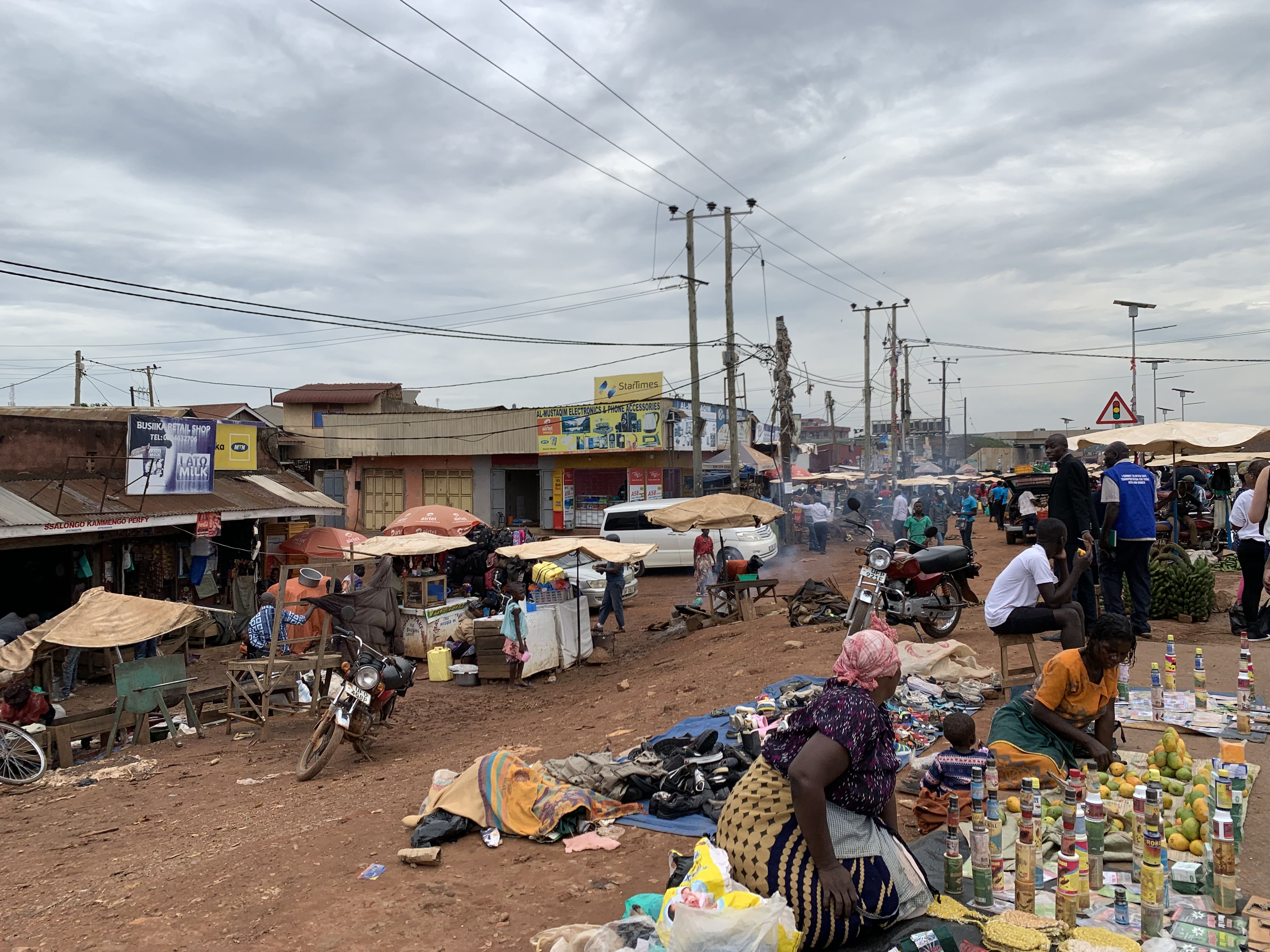Achieving universal access to electricity in Uganda’s cities is challenged by the country’s rapid urbanisation. Each year, the urban population grows by 300,000 people, with a significant number of these settling informally. In Kampala, Uganda’s capital city, there are currently over 57 informal settlements housing over half a million inhabitants.
Most are located at the periphery of major institutions like hospitals, universities, prisons, road and railway reserves, refugee collection zones, and vacant underdeveloped land. They occupy flood-prone areas, erecting shanties and temporary unplanned structures and live under a constant threat of eviction. Most are extremely low-income, depending on day-to-day income from informal employment.
Providing access to the electricity grid in these environments is difficult. While 63% of urban households are connected to the national electricity grid in Uganda, according to the Uganda Bureau of Statistics (2020), 96% of the residents in Kampala’s informal settlements continue to rely on biomass fuels for cooking and only 36% have access to a safe electricity connection.
Despite this, electricity remains an essential input to the vibrant economies within informal communities, and the provision of safe, affordable, reliable electricity can improve livelihoods and well-being. Collaborative approaches, such as social engineering and the utility-research partnerships explored here, are urgently needed to improve service delivery.
